最近家里小猫打喷嚏,所以比较关注杯状病毒。。。看到无论是百度贴吧还是小组,都说杯状病毒会终身携带,我总感觉是危言耸听,毕竟百度查病癌症起步。。首先,我想做个调查,有谁家的猫检测出杯状病毒感染(FCV阳性),治好后,再次检测变阴的例子?有的话进来回复一下哇。然后,我去国外网站查了猫杯状病毒,发现很多信息跟国内网站和宠物医院说的不一样啊!!1、国内论坛里很多人说买猫要去正规猫舍,猫舍的猫不会有猫鼻支或杯状。但是,我看到的资料是,杯状病毒在多猫环境很常见!!在流浪猫收容所、宠物店和猫舍,25-40%的猫都可能是杯状病毒携带者!!!(携带不等于发病)也就是说会传染!!FCV occurs most commonly in multi-cat environments. A cat’s risk of exposure is higher in shelters, pet stores, and catteries, where 25 to 40 percent of cats may be carriers.摘自--康奈尔大学贝克动物健康研究所2、关于杯状病毒感染康复后是否一直带毒,看了几个来
最近家里小猫打喷嚏,所以比较关注杯状病毒。。。
看到无论是百度贴吧还是小组,都说杯状病毒会终身携带,我总感觉是危言耸听,毕竟百度查病癌症起步。。
首先,我想做个调查,有谁家的猫检测出杯状病毒感染(FCV阳性),治好后,再次检测变阴的例子?有的话进来回复一下哇。
然后,我去国外网站查了猫杯状病毒,发现很多信息跟国内网站和宠物医院说的不一样啊!!
1、国内论坛里很多人说买猫要去正规猫舍,猫舍的猫不会有猫鼻支或杯状。
但是,我看到的资料是,杯状病毒在多猫环境很常见!!在流浪猫收容所、宠物店和猫舍,25-40%的猫都可能是杯状病毒携带者!!!(携带不等于发病)也就是说会传染!!
FCV occurs most commonly in multi-cat environments. A cat’s risk of exposure is higher in shelters, pet stores, and catteries, where 25 to 40 percent of cats may be carriers.
摘自–康奈尔大学贝克动物健康研究所
2、关于杯状病毒感染康复后是否一直带毒,看了几个来源说法不一,但是都没有国内传的那么夸张。
康奈尔大学说一般感染后两到三周会传播病毒,有些会长期携带,但是这个长期也仅仅是指几个月。
Cats typically shed the virus for about two or three weeks after infection, but some cats become long-term carriers, and continue to shed the virus on and off for months.
一个叫VCA hospital网站(貌似是美国一个宠物医院,看介绍有超过1000家门店)比较具体:
最低情况下,感染的猫咪2-3周内会体液传播病毒。
感染康复后,有一半的猫会发展成病毒携带状态,继续传播病毒(也就是说另一半的猫康复后就没毒了)。在病毒携带的这部分猫里,有一些猫会持续带毒几个月(也就是说大部分带毒状态没有几个月),但是有少部分猫会终身处于带毒状态(也就是说除去康复后就没毒的,康复后带毒几周和几个月的,终身带毒的猫占比相当少)。
At a minimum, infected cats will shed virus in their bodily secretions for 2-3 weeks.
Following apparent recovery from the disease, as many as half of all infected cats may develop a carrier state in which they will continue to shed the virus. In some of these cats the carrier state may only last for a few months, but in a small percentage of cats the carrier state may persist for life.
皇家猫粮的网站上关于杯状病毒的介绍:
杯状病毒感染后会终身携带是个普遍误解。有的猫感染后不一定出现临床症状,但是会传播病毒,传播时长几周或几个月,大多数情况下会最终康复。但是在多猫环境下,有的猫会被反复感染。
感染了杯状病毒的猫,如果不去接触其他猫,在几周到几个月后,病毒就完全没有了。
It’s a common misconception that cats will never rid themselves of FCV once first infected. In fact, in the case of a first infection in a sensitive animal, the cat may or may not develop symptoms. After this phase, it continues to shed the virus for a few weeks to several months, but in most cases ultimately recovers. This is particularly true if the animal lives alone and is not recontaminated.
For cats living together, the problem is that the virus circulates, and cats are recontaminated constantly (either via contact with other cats or via the contaminated environment, since the virus is resistant in the external environment).
Always remember: A cat that lives alone and is infected with calicivirus should eliminate the virus totally after a period of a few weeks to a few months.
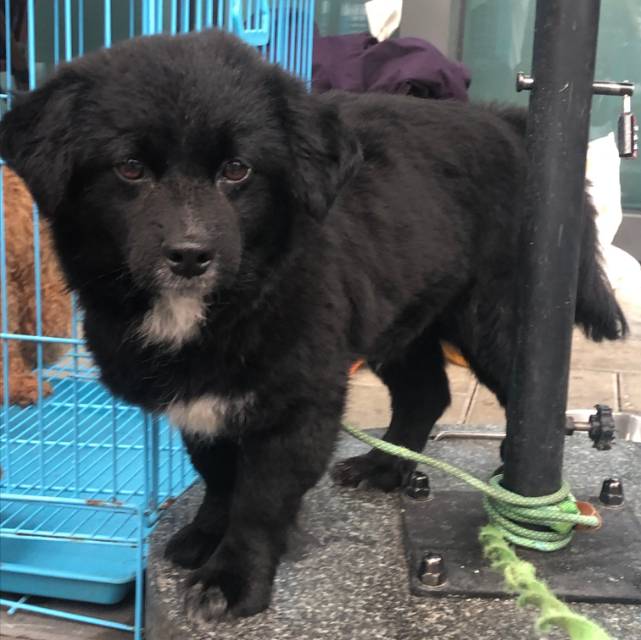
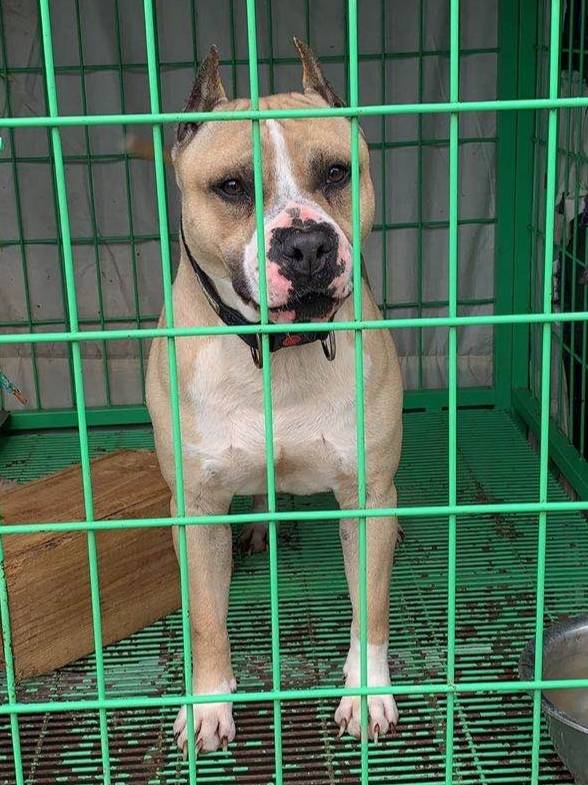
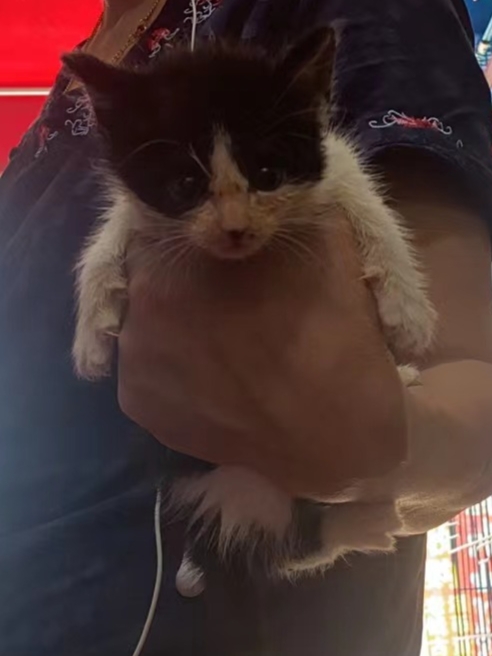
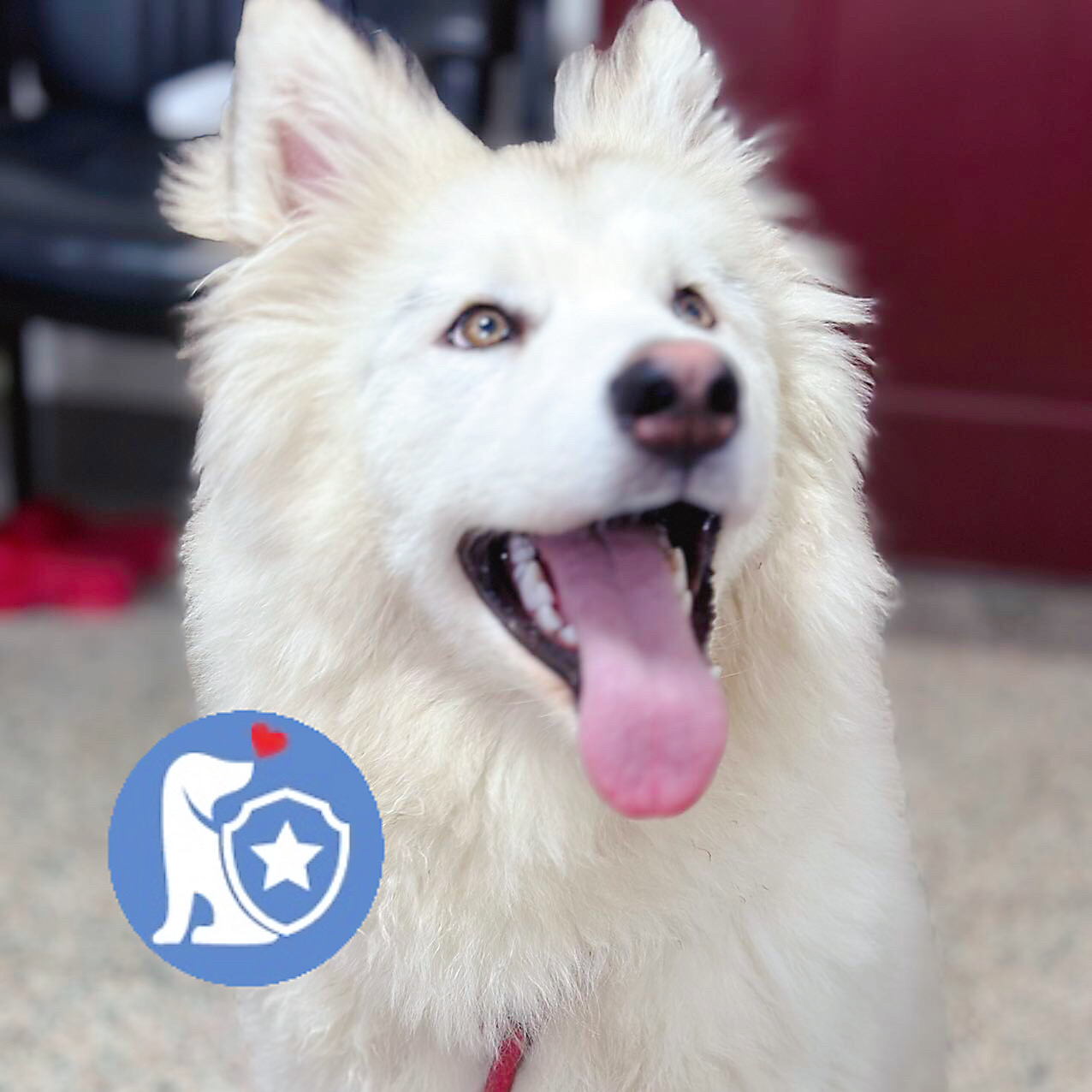
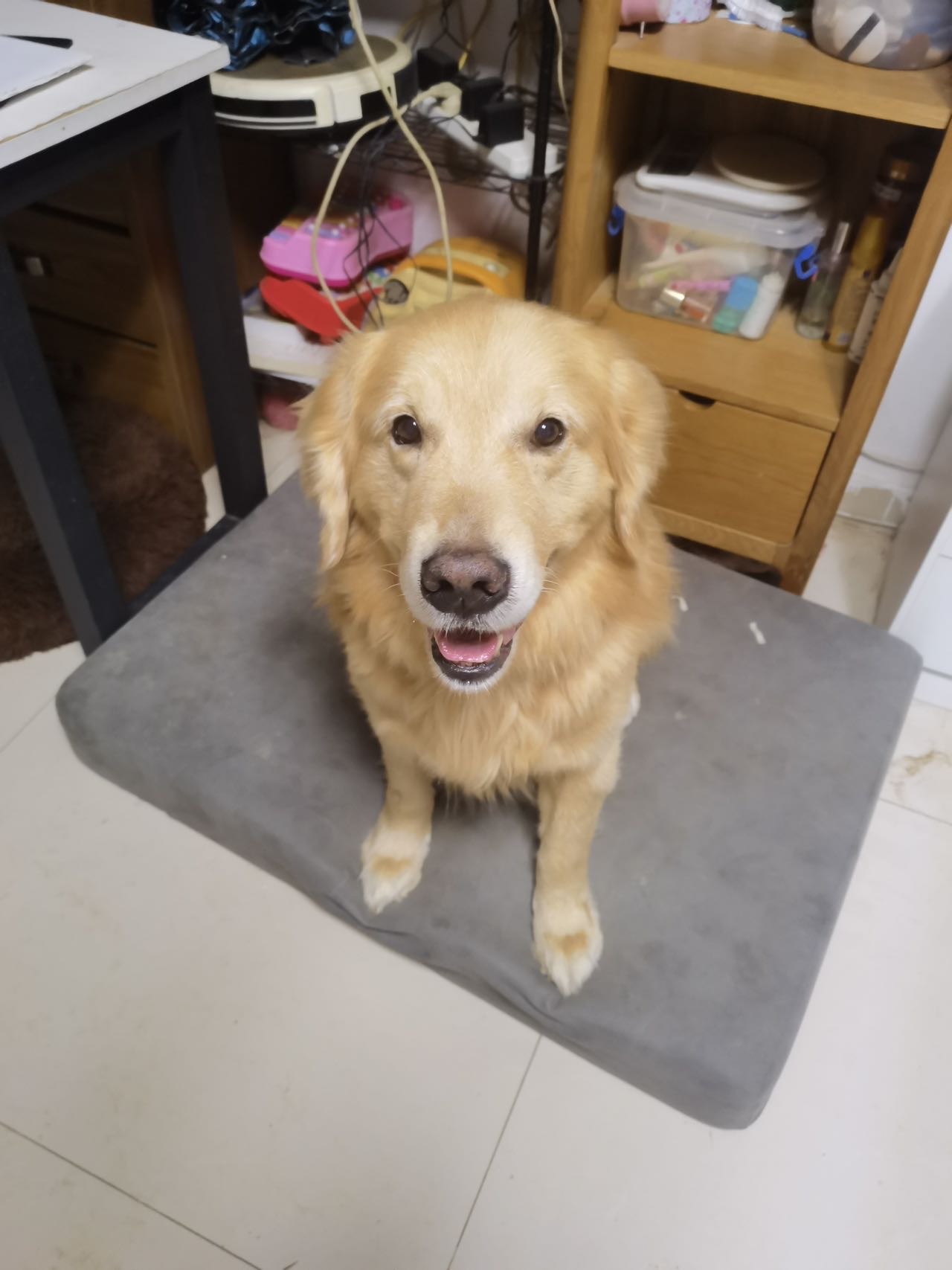
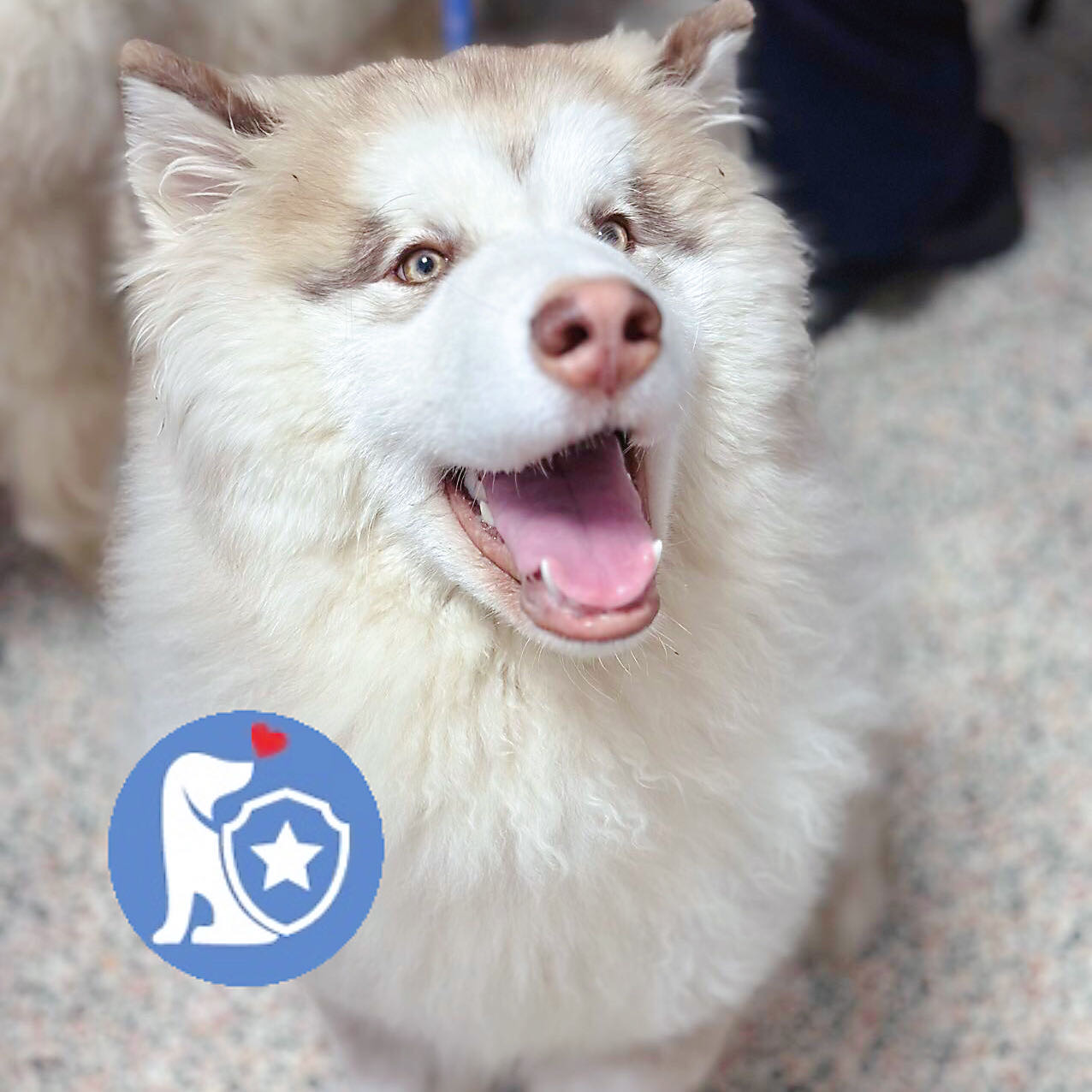



 京公网安备
京公网安备